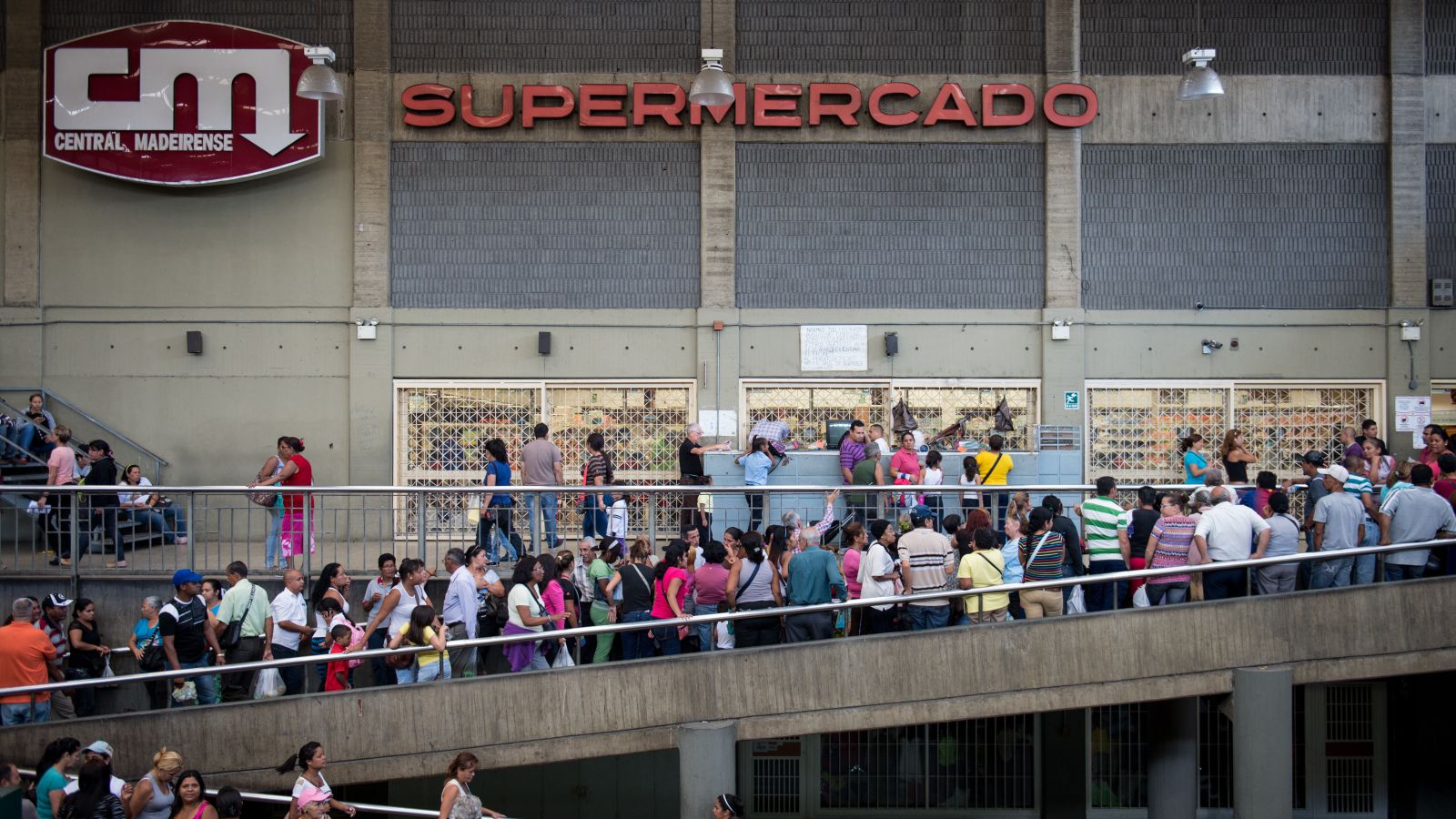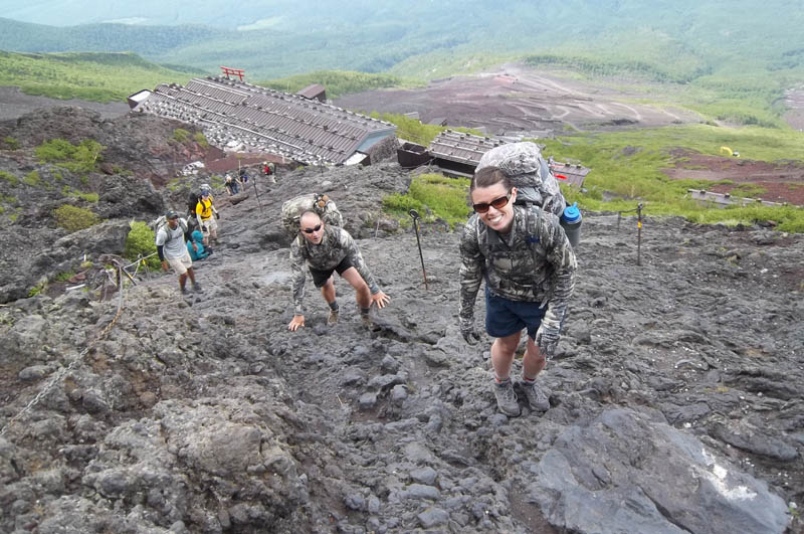Ridding yourself of “normalcy bias:” Why we should take the warning signs seriously
07/26/2018 / By Ethan Huff

No matter where you live in the world, it’s important to remember that disaster can strike at any time. Whether it’s earthquakes, tornadoes, hurricanes, or wildfires, there’s always something that can make life difficult in an instant – and most people, sad to say, aren’t prepared for the worst because they don’t believe that it could ever happen to them.
Even in areas with warning systems in place to sound the alarm about incoming threats, many people simply ignore them and continue about their lives as if everything is perfectly normal. It’s a phenomenon known as “normalcy bias,” and it plagues the modern age. Many people have gotten so used to business as usual, or “the boy who cried wolf” scenarios, that they’re simply numb to the thought that things might one day go south.
One example of this are the tornado sirens that exist throughout much of the Midwest. These devices are programmed to blast whenever a tornado forms somewhere in the area, typically letting out a long, loud tone that notifies everyone who can hear it to take shelter immediately – preferably in an underground space such as a basement that doesn’t have any windows.
It used to be that most people took these tornado sirens seriously – but that isn’t necessarily the case anymore. “Salty” from Beans, Bullets, Bandages & You tells the story of how, at least in his area, security footage during a recent tornado siren event revealed that many people ignored it as they continued to drive around town, apparently aloof to the threat of impending doom.
He points to normalcy bias as the cause – the false belief that bad things basically always happen to someone else, and never to oneself. Unless someone has personally experienced the horrors of having his or her house blown away, or had a loved one die, during a tornado, then it’s a lot harder to accept that reality when the threat actually presents itself for real.
“Basically, it makes people underestimate the risks and the likelihood of bad things happening to them in a disaster,” Salty writes. “This belief that they are safe (when in fact they are obviously facing danger) may keep people from either preparing for the disaster in the first place, or reacting quickly when disaster is upon them.”
Reject normalcy bias and GET PREPARED
While ignoring tornado sirens is just one example of normalcy bias in action, it’s illustrative of how such a mindset can play out in many other areas. Failing to store up non-perishable food for an emergency situation is another example of normalcy bias – those who assume that there will always be food on grocery store shelves, failing to recognize the vulnerabilities inherent to the “just-in-time” delivery systems that keep our refrigerators stocked.
Normalcy bias is also present in the political process, with many non-voters (and even some voters) embracing the mindset that it’s really not all that important to get involved civically because nothing that happens will ever affect them.
The only reason that anything gets done at all is because some people are spending their time and energy advocating for it. Those who aren’t involved politically simply reap the benefits of other people’s efforts, as they inadvertently take advantage of normalcy bias with regards to the perpetuation of their freedoms and liberties.
Sure, there’s only so much that can be done at the political level to invoke change regardless, which is why many people are cynical of the process. But when it comes to preparedness and survival, there’s a whole lot that you as an individual can do to protect yourself and your family – even if the rest of the “herd” isn’t taking it all seriously.
Sources include:
Tagged Under: awareness, brainwashed, chaos, civil unrest, Collapse, disaster alarms, Earthquakes, emergencies, emergency, indoctrination, natural disasters, normalcy bias, preparedness, Preppers, prepping, survival, tornado sirens, tsunamis



















